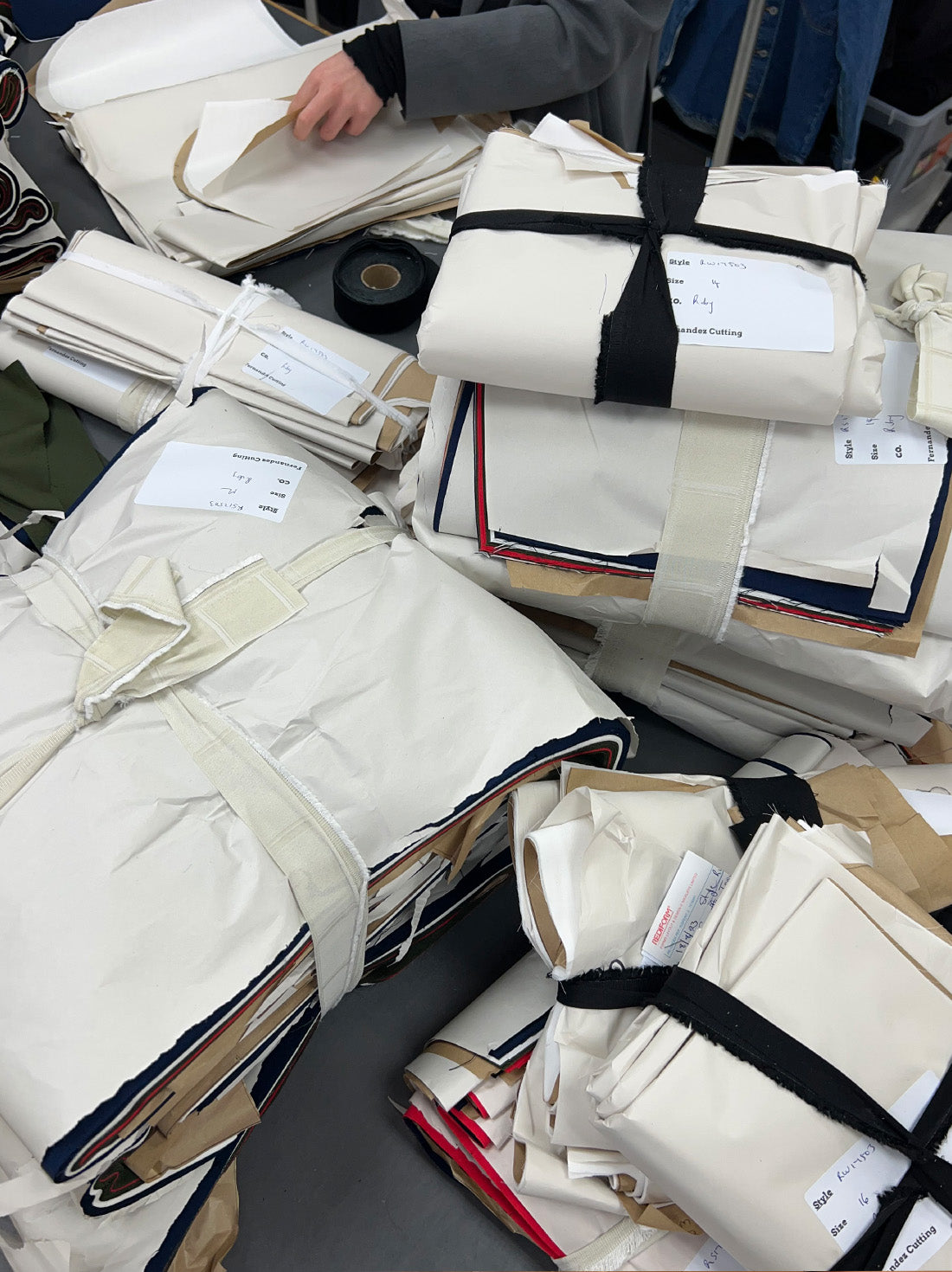As Aotearoa confronts the growing impact of harmful content online, B416 ~ a group of parents, public health experts, tech experts & community leaders ~ is pushing for change. United by a mission to raise the age of social media to 16, B416 CEO, Nicole Green shares how the movement began, while youth spokesperson, Olivia, offers a reflection on growing up online.
"At 14, I didn’t have the tools to navigate social media. I couldn’t stop myself. My parents were trying, but they couldn’t compete with billion-dollar platforms. People say it’s about parenting, but parenting can’t beat an algorithm designed to hijack your brain" - Olivia
Trigger Warning: This TBIYTC discusses sensitive topics including disordered eating, self-harm, mental health struggles & online exploitation.
From Nicole Green, CEO B416
About two years ago, I began looking at how harmful online content was impacting young people, in particular young women who were disproportionately affected by disordered eating.
Back then, there were just a handful of us, and we started to see how New Zealand’s online safety laws were the wild west compared to other countries.
We approached some government ministers about how things needed to change, and to be honest, there wasn’t much appetite.
That’s when we realised there were others in the space who were also concerned about the harms, so we came together and joined a bigger group. That’s how B416 came about.
Everyone in the group is a parent, and each of us brings different skills.
We have zeroed in on asking for an age delay for social media, because this is where most of the harmful content lives. Tech companies get a free pass. Their billion-dollar algorithms are harming our children.
We were delighted when the National government announced they agreed with us. There is broad support across most of the parties.
I’m really proud of the conversation we’ve started. Since it began, we’ve heard from countless mums and people in their early 20s who say they wish there were better safety rails in place for their children, or for themselves.
It’s not simple by any means. We are just beginning, and we know delaying access is only part of the solution. But children shouldn’t be seeing the content that most do on social media — children don’t need to see a cat in a blender, how to survive on a cucumber a day, or how to apply filters to their selfies.
Please visit our website where you can sign the petition to support our work: www.b416.co.nz
“You Had to Be Mentally Ill to Fit In”: Why I Support the Before 16 Movement
By Olivia, 17
When I was 14, I got my first social media account. Everyone had one. It felt harmless — just dance videos, memes and group chats with school friends. But I had no idea what I was walking into.
I’d just started at a new school and wanted to fit in. What I didn’t realise was that to belong — especially in the popular group — you had to be struggling. Self-harm. Starving yourself. Depression. It wasn’t taboo. It was normal.
Soon my feed changed. TikTok went from dance trends to “what I eat in a day” videos. Girls proudly surviving on half a cucumber and a coffee. The more I watched, the more I got. I hadn’t searched for it. The algorithm just knew.
My friends and I made “emo accounts” to post sad content — crying selfies, blue LED lights, mascara streaks. It sounds dramatic, but it was constant. And it was real.
At school we compared symptoms — how little we’d eaten, how anxious we felt. It became social currency. Then we’d go home and keep it going online. There was no break — not in class, not at dinner, not in bed.
Snapchat ruled my life. I was keeping up with hundreds of people a day. I was exhausted. My parents tried everything — screen time limits, phone locks, even taking it off me altogether. But I’d scream, sneak onto my laptop, borrow a friend’s device. It was like addiction.
Then came the strangers — older guys messaging me, calling me beautiful. I believed them. I was 14.
That’s when the eating disorder took hold. I was throwing out lunch, surviving on a muesli bar and dinner. It became competitive — who could eat less, feel less, care less.
Even the school wellness centre became part of it. If you wore a bandage, people assumed you were self-harming. If you didn’t, they asked why not. What scares me now is how normal it all felt.
This wasn’t a one-off. This wasn’t just me. This is what being a teenage girl online looked like.
That’s why I support Before 16.
At 14, I didn’t have the tools to navigate social media. I couldn’t stop myself. My parents were trying, but they couldn’t compete with billion-dollar platforms. People say it’s about parenting, but parenting can’t beat an algorithm designed to hijack your brain.
I’m 17 now. I still use social media — but I’ve had therapy, I take breaks, and I know the warning signs. I’ve had to unlearn the toxic norms I once thought were truth. But the 14-year-old me didn’t have that.
If platforms had enforced an age restriction, if I’d had to wait until I was older, I would’ve been relieved.
We needed rules. We still do.
Before 16 isn’t about punishment. It’s about protection. It’s about giving kids time to grow up — without being fed content that tells them their worth depends on starvation, sadness or likes.
Please don’t wait until it’s your child. Don’t assume it can’t happen at your school. It can. It is.
Let’s protect the next generation better than we protected mine. Let’s stand behind Before 16.
Call 0800 LIFELINE (0800 543 354) or send a text to HELP (4357) for free confidential mental health support – 24 hours a day, 7 days a week.



















